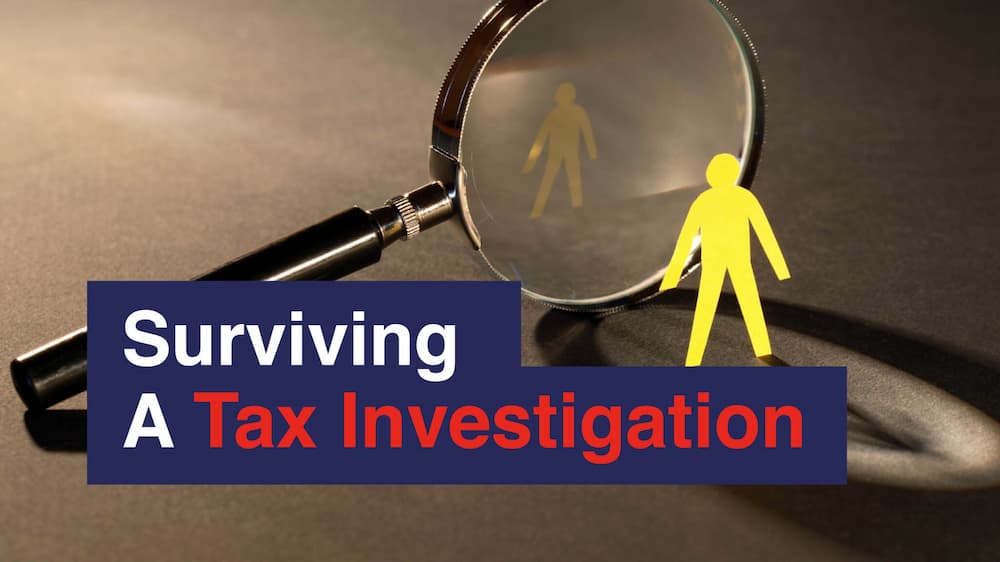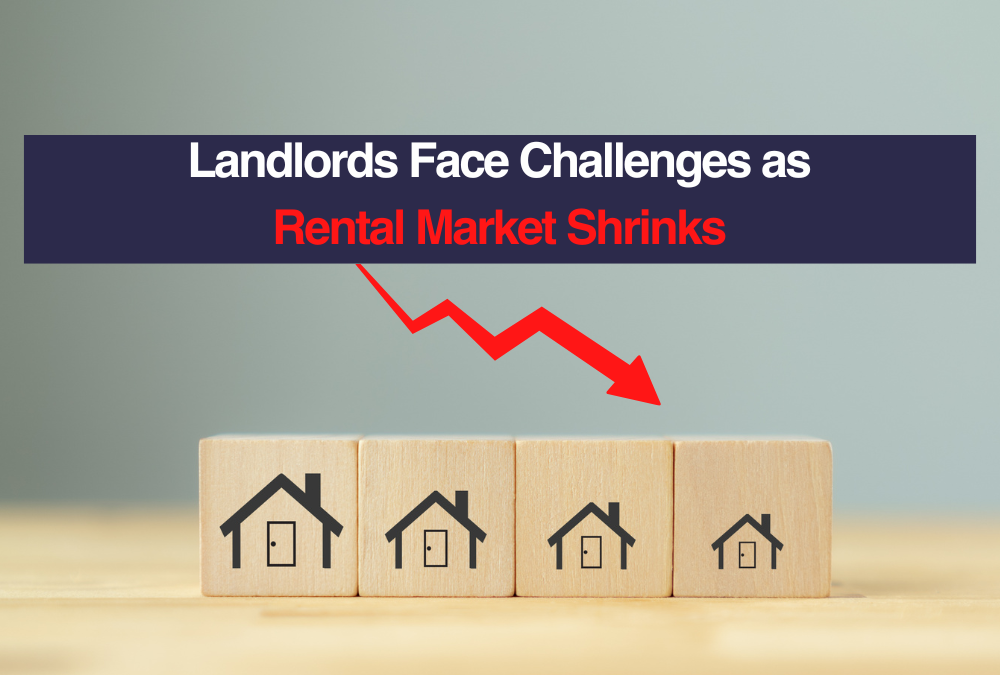The easiest way to survive a tax investigation is to avoid one occurring in the first place!
A small percentage of individuals are selected for a random investigation, but most cases are because something has triggered HMRC’s risk assessment system.
A lot of people are also not aware that letting agents send information about landlords to the Inland Revenue who have a team of people who look through any information for landlords advertising properties to let.
If you have an unusual entry on your tax return such as a high level of repairs, legal fees or additional mortgage interest just make sure you explain the reason for the variation on your tax return.
The computer program looks for patterns in income/expenses for each year and compares your business to a typical rental business. If your tax return has unusual entries, it isn’t an issue provided you give the Tax Inspector the background information to stop an investigation to ask why.
If you do get selected for investigation the best way to handle it is to have complete and accurate records, which agree exactly with the figures on your tax return. Every aspect of your buy-to-let business should be supported by either a receipt, contract, bank statement, or a written note of the expense or income made at time of the transaction.
Also, when you bank money received from a tenant, record who paid you and why. This should be done whether it is towards the rent or part of a deposit. You should also record which tenancy it relates to.
The Tax Inspector will deny you any relief for expenditure claimed that is not supported by the relevant document.
The Tax Inspector may also ask you to explain one-off deposits made into your bank account, so it is a good idea to have a separate bank account for your lettings business to help avoid family gifts, or other personal deposits being mistakenly logged as for undeclared business rental income.
You will still need to have an explanation for all your non-business income, because the Tax Inspector will almost definitely ask.
Be clear about what expenses you are claiming and why. The most difficult area is often the distinction between repairs and improvements. A repair replaces an item that previously existed, perhaps with a higher quality one. An improvement adds something to the property.
If you are unsure how to differentiate then see the examples below:
- An extension is an improvement, as it did not exist before.
- Replacing windows with double glazed units is a repair, because the old windows were already in place.
Repairs can be deducted from rents, whereas improvements cannot.
If a buy-to-let property is purchased in a dilapidated condition and expenditure is required to ensure the property is in a fit state to let, then the Tax Inspector is likely to insist that none of the expenditure is allowable as a deduction against the rental income.
It is also important that if you intend of putting in a claim for motor expenses you ensure the claim is supported by a mileage log. The Tax Inspector will not approve any tax deduction if you are submitted guestimate mileage.
If you have a letting agent to manage your properties, then the Tax Inspector is likely to look very closely at your claim for motor expenses as they will expect you to travel to the property less often.
If you meet the Tax Inspector as part of the investigation, make sure to be guarded with what you say. Do not be drawn into estimating figures for income or expenses and do not tell him any dates or other data unless you are sure it is accurate. If you cannot be certain of the information requested, say you will provide the information in a letter at a later stage.
Related Articles
- 10 Tax Saving Tips
- The Vibrant City of Sheffield
- Five Things to Consider Before Investing in a Buy-to-Let Property
- 15 Mistakes Landlords Make & How To Avoid Them
- Property Investment Strategies; The Pros & Cons








